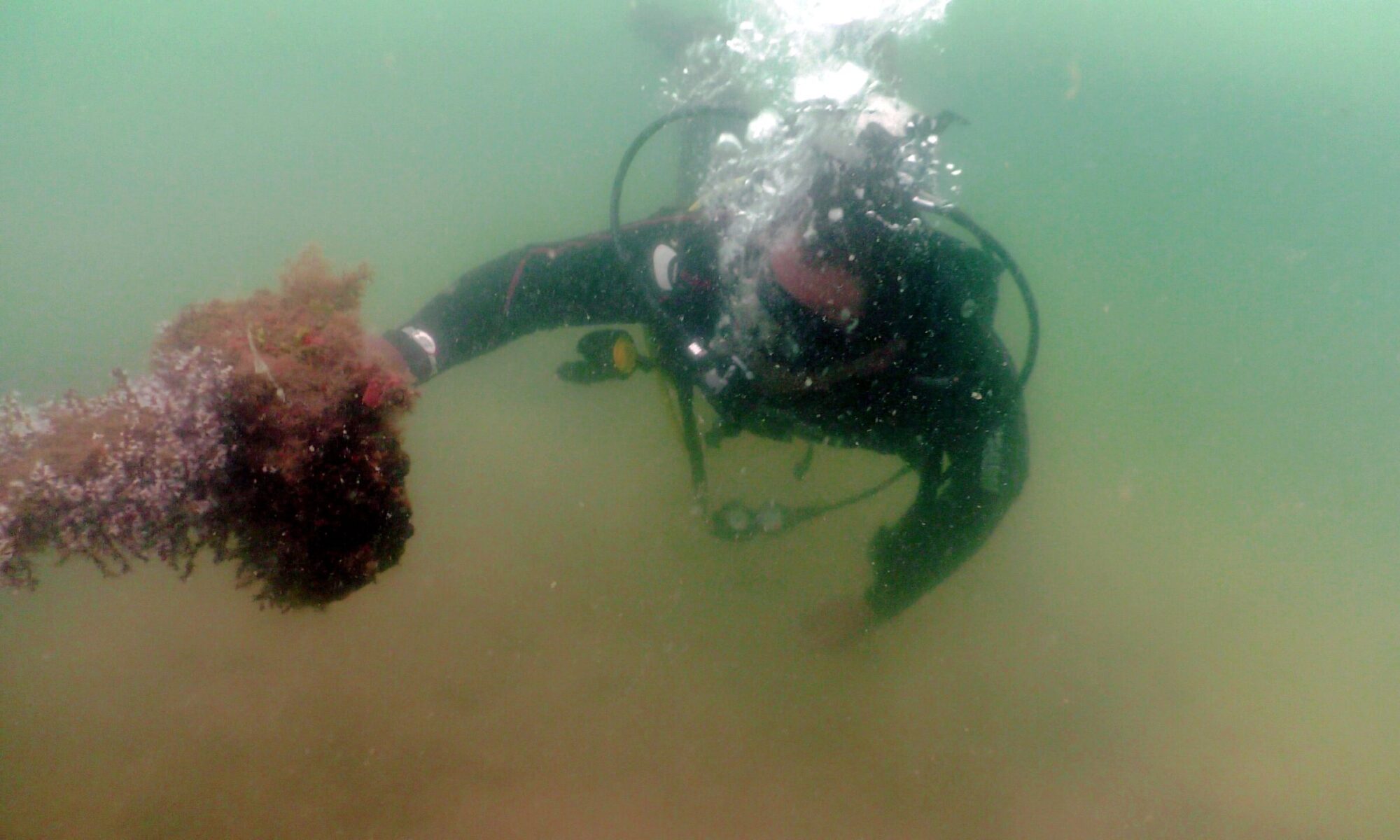O AfrOrigens é um projeto de mapeamento da materialidade ligada a eventos diaspóricos do tráfico transatlântico de africanos e, consequentemente, do seu estudo e integração em agendas políticas de identificação, reconhecimento e reparação de crimes contra a humanidade.
Entendendo a Arqueologia como uma atividade que se constitui como uma ação política, reverberando em transformações no presente, buscamos desenvolver pesquisas arqueológicas de navios escravagistas em parceria com comunidades quilombolas, primando pela construção coletiva e democrática do conhecimento, através do protagonismo dos agentes sociais envolvidos e do diálogo permanente de saberes, por meio da integração de suas referências culturais (todas as suas manifestações) e suas dimensões políticas e contextos de significados.
Ao desenvolver projetos com esta temática no Brasil, estabelecemos um fórum de discussão entre os pesquisadores que atuam com o tema da Diáspora Africana no Brasil e no mundo, com ênfase aos aspectos teóricos e metodológicos das investigações levadas adiantes, pormenorizando particularidades específicas dos sítios arqueológicos formados por restos de embarcações escravagistas naufragadas e seus referidos contextos históricos, sociais e políticos.
Além dos aspectos referentes às interpretações arqueológicas em decorrência dos métodos e técnicas utilizados durante as intervenções, pretende-se divulgar ao grande público o conhecimento produzido, bem como discutir sobre a possibilidade de musealização dos bens culturais estudados, para o turismo subaquático in situ, ou permitir, por meio da documentação sistemática realizada, a reconstrução virtual dos restos dessas embarcações para os visitantes que não mergulham. Buscando assim, a publicização e o envolvimento das pessoas com o Patrimônio Cultural Subaquático decorrente da Diáspora Africana.
Logo, estimula-se o uso social do patrimônio cultural subaquático e sua sustentabilidade, considerando para isso a participação e o envolvimento das comunidades tradicionais locais, de forma que elas encontrem afinidades e identidades com esses patrimônios e com as pesquisas arqueológicas realizadas sobre eles, e, deles, os benefícios decorrentes dos serviços prestados aos sítios arqueológicos, aos pesquisadores e aos turistas, auxiliando na manutenção da preservação do sítio arqueológico, assim como dando visibilidade a sua história na luta por direitos e reconhecimento.
AfrOrigens is a project to map the materiality linked to diasporic events of the transatlantic trafficking of Africans and, consequently, its study and integration into political agendas for the identification, recognition, and reparation of crimes against humanity.
Understanding Archeology as an activity that constitutes a political action, reverberating in transformations in the present, we seek to develop archaeological research on slave ships in partnership with Afro-descendant communities, striving for the collective and democratic construction of knowledge, through the protagonism of the social agents involved and of the permanent dialogue of knowledge, through the integration of its cultural references (all its manifestations) and its political dimensions and contexts of meanings.
When developing projects with this theme in Brazil, we established a forum for discussion among researchers who work with the theme of the African Diaspora in Brazil and in the world, with emphasis on the theoretical and methodological aspects of the investigations carried out, detailing specific characteristics of the archaeological sites formed by remains of shipwrecked slave ships and their related historical, social and political contexts.
In addition to aspects related to archaeological interpretations as a result of the methods and techniques used during the interventions, it is intended to disseminate the knowledge produced to the general public, as well as to discuss the possibility of musealization of the studied cultural assets, for in situ underwater tourism, or allow, through the systematic documentation carried out, the virtual reconstruction of the remains of these vessels for visitors who do not dive. Thus seeking publicity and involvement of people with the Underwater Cultural Heritage arising from the African Diaspora.
Therefore, the social use of underwater cultural heritage and its sustainability is encouraged, considering for this the participation and involvement of local traditional communities, so that they find affinities and identities with these heritages and with the archaeological research carried out on them, and, from them, the benefits arising from the services provided to archaeological sites, researchers and tourists, helping to maintain the preservation of the archaeological site, as well as giving visibility to its history in the struggle for rights and recognition.

